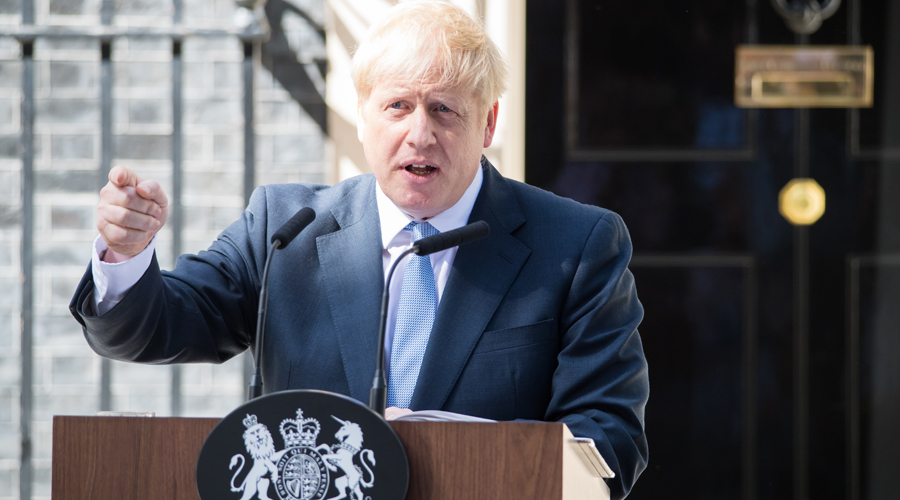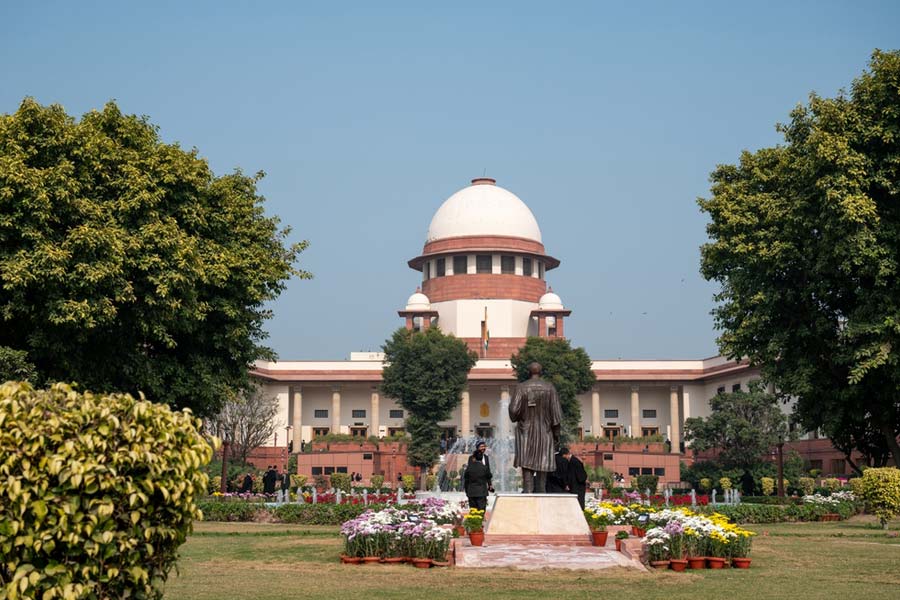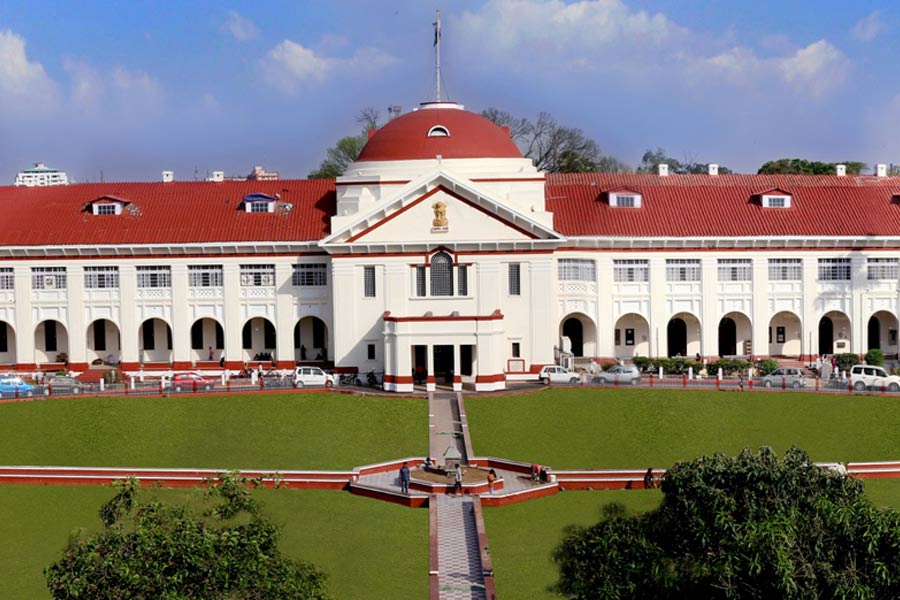After an uncomfortable but relatively brief return to coronavirus restrictions triggered by the omicron variant, England is going back to“Plan A” — learning to live with a disease that is probably here to stay.
The bet is that booster jabs, antiviral pills and omicron’s lower severity will enable the government to manage outbreaks of a virus that cannot be shut out. Other countries equally keen to unshackle business and personal freedom will be watching.
Work-from-home guidance ended last week, and measures such as mask mandates and Covid passes, also introduced in England last month, lapsed on Thursday, returning the rules to where they were last July.
The UK Health Security Agency is preparing to switch focus to supporting vulnerable individuals rather than imposing national rules, according to a draft policy seen by Reuters.
“As we evolve to move to living with Covid, UKHSA’s Covid-19 response will move from a whole nation approach to a targeted response, focused on protecting the vulnerable,” read the paper, titled “UKHSA Covid-19 Vision - Draft”.
“We will ensure that our future response is more streamlined, flexible, and convenient for citizens and delivers value for money.”
British Prime Minister Boris Johnson, who has presided over a death toll of 150,000 that ranks seventh in the world, was forced in December to introduce the “Plan B” restrictions, angering some of his own lawmakers. He now has a strong political imperative to scrap them.
As police investigate gatherings at his offices during Covid lockdowns, in apparent violation of laws he had himself imposed, he faces the biggest crisis of his career.
But evolutionary virologist Aris Katzourakis of Oxford University warned that diseases such as malaria and polio may be endemic, but are not harmless.
“A disease can be endemic and both widespread and deadly,” he wrote in the science journal Nature.
“It frustrates me when policymakers invoke the word ‘endemic’ as an excuse to do little or nothing.”
A relentless focus on managing Covid, rather than preventing infections, also has unwanted side-effects.
Because NHS resources have been diverted towards vaccination boosters, thousands of other appointments have been postponed, adding to a vast backlog of elective care in the state-run system.
“It’s about living safely with Covid. It’s not just about living with Covid,” said Matthew Ashton, director of Public Health at Liverpool City Council.










